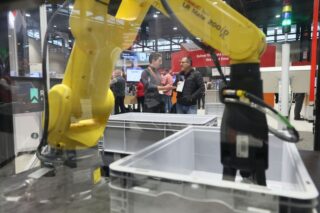The Dutch-Norwegian company SolarDuck, in collaboration with German energy company RWE, has installed its offshore floating solar (OFPV) project, Merganser.
The pilot project aims to test and demonstrate the structural, mooring, and electrical designs of OFPV. It also seeks to acquire knowledge about the manufacturing, assembly, offshore installation, and maintenance methodologies needed for large-scale commercial deployment.
Withstanding Offshore Conditions
Merganser has a capacity of 0.5 megawatt peak (MWp). It is located in the Dutch North Sea, approximately 12 kilometers off the coast of Scheveningen. The scalable concept consists of six interconnected platforms that can withstand extreme offshore conditions. The floating platforms were successfully connected to the mooring system at a water depth of 20 meters.
In a press release, Sven Utermöhlen, CEO of RWE Offshore Wind stated:
“Standalone or also in combination with offshore wind farms, offshore floating solar could open up further offshore renewable energy opportunities – especially for countries with lower average wind speeds but lots of sunlight. With Merganser, we are gaining unique insights and first-hand experience in one of the most challenging offshore environments in the world.”
Taking solar farms offshore requires technology that is able to withstand rough offshore conditions. SolarDuck´s triangular-shaped platform can float several meters above the water, following the waves like a carpet. In this way, the design keeps critical components dry, clean, and stable. It also secures the structural integrity of the semi-submersible floating structure. The design received recently the world’s first certification for OFPV by Bureau Veritas.
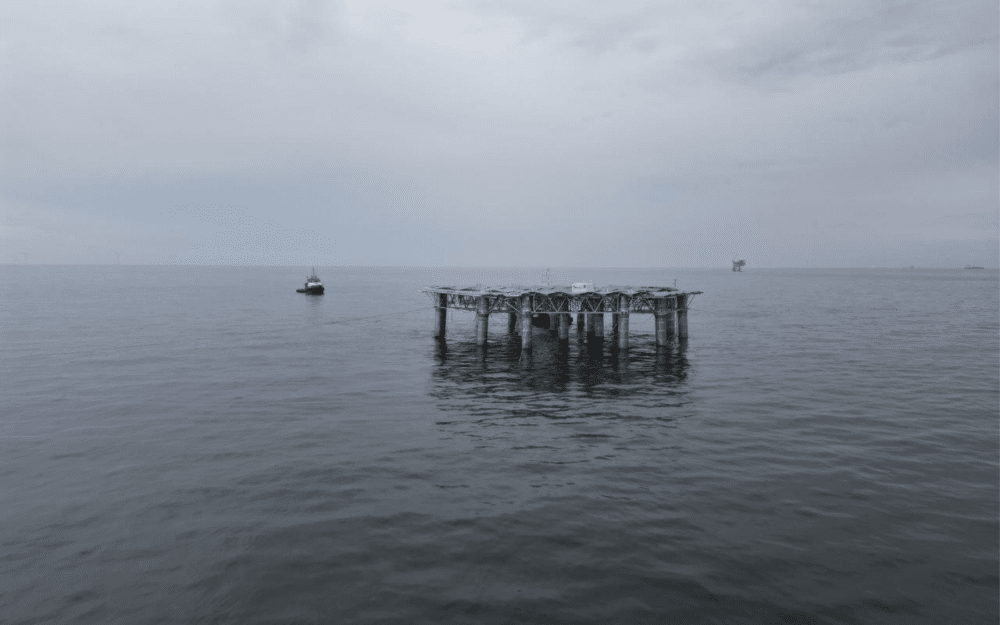
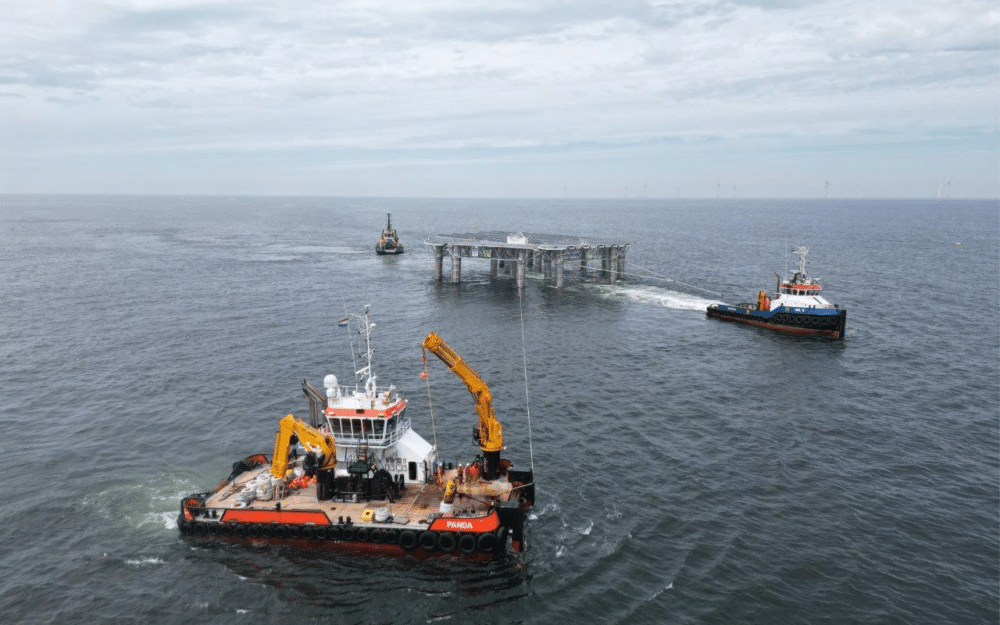
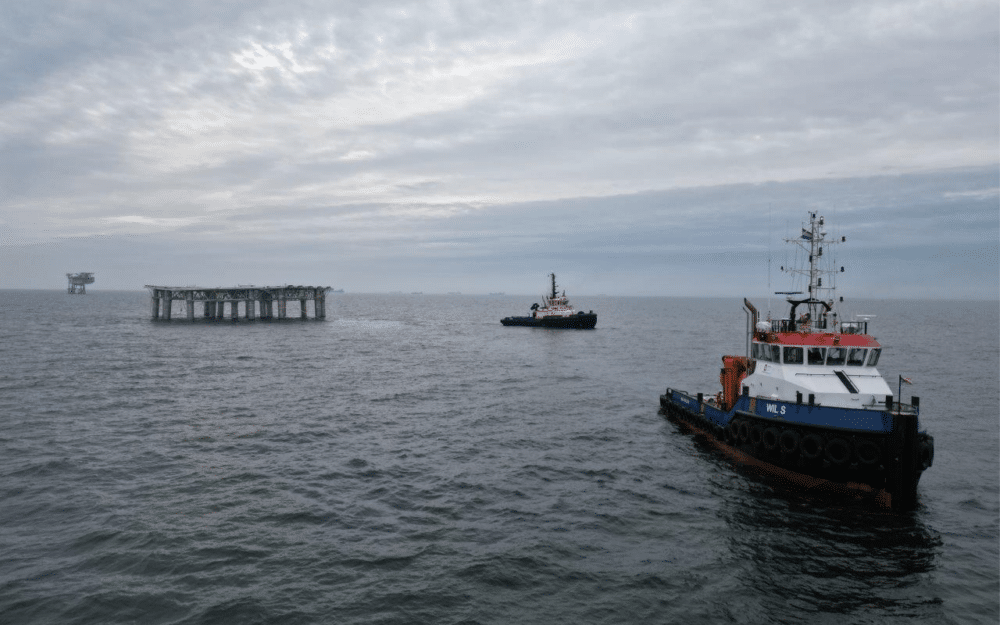
Accelerating the Deployment of OFPV
For Koen Burgers, the CEO of SolarDuck, the combination of RWE´s market position in offshore wind and SolarDuck´s technological ingenuity is poised to accelerate the deployment of OFPV:
“The successful installation of Merganser is proof of the dedication of SolarDuck’s team to electrify the world with offshore floating solar. However, we are not doing this alone. Our project partner, RWE, is a supporter of our technology and vision. This is In addition to other partners such as TNO, TU Delft, MARIN, and Deltares.”
Over the next two years, Merganser will be monitored remotely using over 180 sensors. These sensors will track structural loads, connector and mooring loads, and electrical performance, among other key performance criteria. Deltares – a Dutch independent institute for applied research – will also support an extensive monitoring campaign on the ecological impact of OFPV.

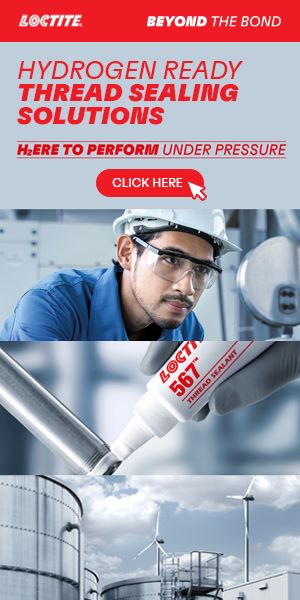


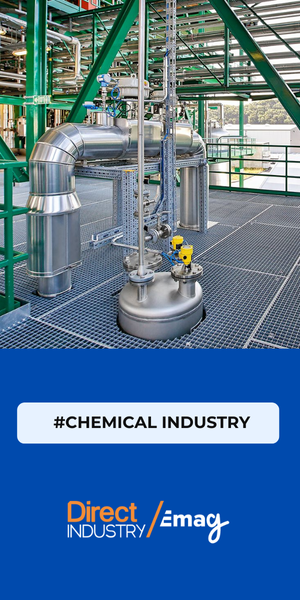
![Image [Best of 2025] How Generative AI Is Transforming Industry](/wp-content/uploads/sites/3/AI-4-320x213.jpg)
![Image [BUYING GUIDE] How to Choose the Right Industrial Robot?](/wp-content/uploads/sites/3/Industrial-Robot-320x213.jpg)
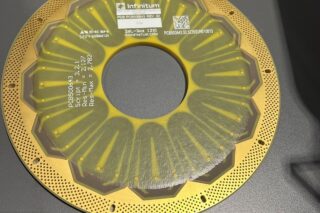
![Image [Buying Guide] How to Choose the Right Safety Shoes?](/wp-content/uploads/sites/3/Safety-Shoes-320x213.jpg)

